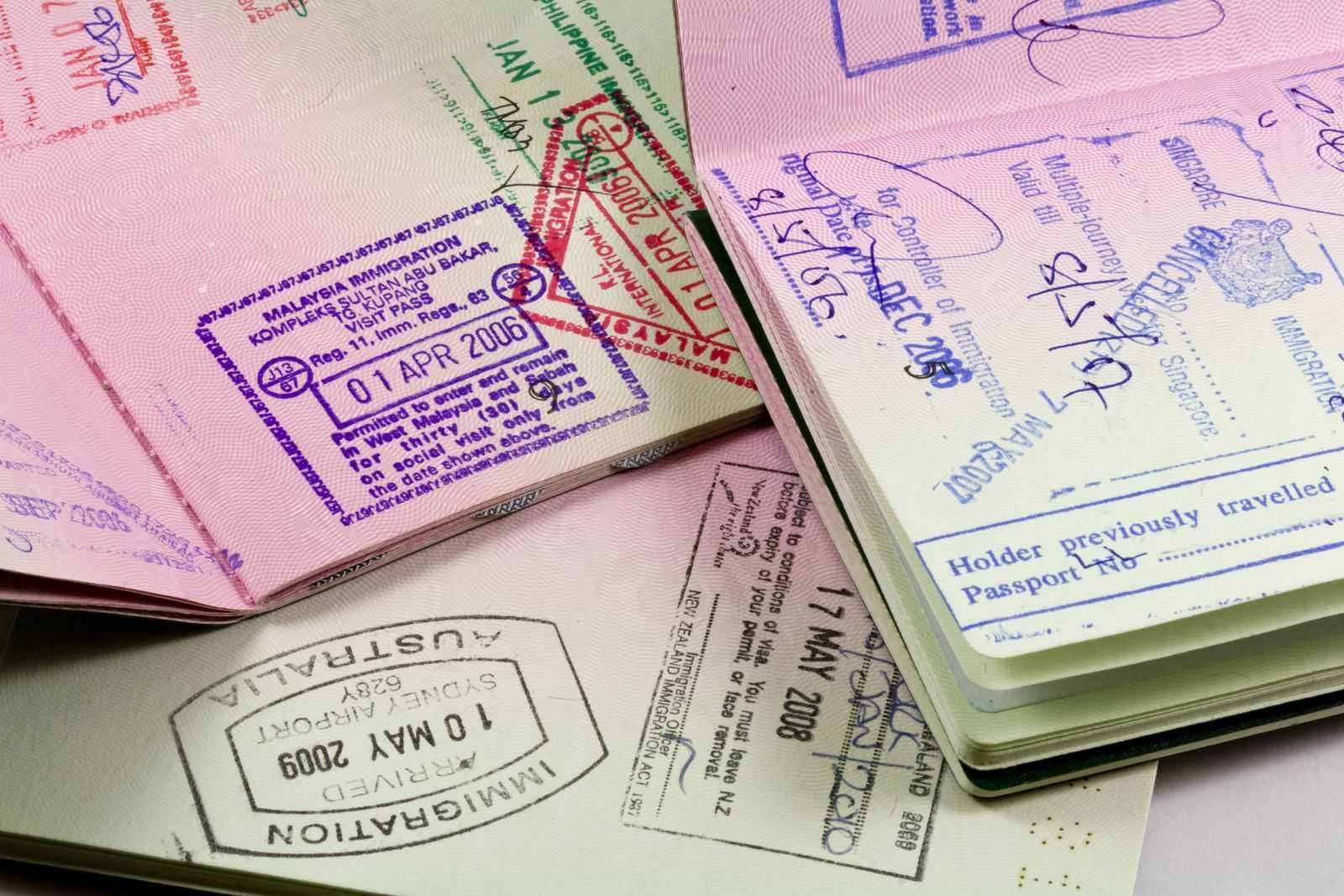Skilled Work Visas: How to Move Abroad with Your Profession
A skilled work visa is your golden ticket to moving abroad with a job!
Unlike digital nomad visas that cater to remote workers, these visas are designed for people with in-demand skills who want to live and work legally in another country.
These jobs are often in-person, too, which many people think hinders their ability to find work abroad.
Governments worldwide actively want skilled workers to help fill labor shortages, which makes this one of the best ways to secure long-term residency abroad.
But how do they work? What jobs qualify? And how can you apply? Let’s break it all down.
Table of Contents
- How Do Skilled Work Visas Work?
- What Kind of Jobs Qualify for Skilled Work Visas?
- READY TO LEAVE THE COUNTRY — JUST NOT SURE WHERE TO?
- Which Countries Offer Skilled Work Visas?
- How to Get a Skilled Work Visa – The Process
- Common Job Boards for Finding Skilled Work Abroad
- What Else to Know Before Applying?
- Final Thoughts – Where to Start?
- More on Moving Abroad:
How Do Skilled Work Visas Work?
Each country has different rules, but most skilled worker visas follow the same general structure:

- You need a job offer first (in most cases). Your employer often helps sponsor your visa.
- Your job must be on a shortage list or in a field the country is actively recruiting for.
- You may need to prove your qualifications (degree, certification, or work experience).
- Some countries require language proficiency (like IELTS for English-speaking jobs or local language tests).
- There may be age limits or minimum salary requirements to qualify.
The goal? To attract professionals who will contribute to the economy and, in many cases, stay long-term.
What Kind of Jobs Qualify for Skilled Work Visas?
While every country has its own priority industries, the most common in-demand fields include:

- Healthcare – Doctors, nurses, caregivers
- Tech & IT – Software engineers, cybersecurity experts, data analysts
- Engineering & Skilled Trades – Civil engineers, electricians, welders, mechanics
- Education – English teachers, university professors, researchers
- Finance & Business – Accountants, financial analysts, auditors
- Hospitality & Tourism – Hotel managers, chefs (depending on the country)
TIP: Many countries publish shortage occupation lists, so if your job is listed, your chances of approval are much higher. Just simply Google the term along with the name of a country and see what you find!
RELATED: 21 Visas to Help Americans Move Abroad (That You Haven’t Heard of)
RELATED: Countries Where You Can Stay Long-Term on a Tourist Visa
Which Countries Offer Skilled Work Visas?
Plenty of countries offer skilled worker programs, but here are some of the biggest ones:

- Canada – Express Entry & Provincial Nominee Programs for skilled professionals
- Germany – EU Blue Card & Skilled Worker Visa (especially for STEM fields)
- Australia – General Skilled Migration Program (requires a skills assessment)
- United Kingdom – Skilled Worker Visa (for high-demand jobs)
- New Zealand – Skilled Migrant Visa for workers in shortage industries
- Portugal – Job Seeker Visa (lets you find work after arriving)
- Singapore – Employment Pass for professionals with a job offer
- United Arab Emirates – Long-term work visas for skilled professionals
Each of these countries has different rules, but they all share the same goal: attracting highly skilled workers.
How to Get a Skilled Work Visa – The Process
If you’re serious about moving abroad with a work visa, here’s what you need to do:

- Find a job in a qualifying field – Search job boards, company websites, or government-sponsored job portals.
- Check visa eligibility – Some visas require a job offer first, while others let you apply and job-hunt after arrival.
- Apply for a work permit/visa – Your employer often helps sponsor the visa.
- Gather documentation – Typically includes degree certificates, work experience letters, proof of funds, and a passport.
- Pass any required language tests – IELTS, TOEFL, or local language exams if needed.
- Submit your visa application & wait – Processing times vary from weeks to months.
Common Job Boards for Finding Skilled Work Abroad
Finding a job is the first step, and these platforms can help:

- LinkedIn Jobs – Great for international job hunting.
- Indeed Global – Has job postings from multiple countries.
- Glassdoor – Provides salary insights and company reviews.
- GoAbroad.com – Lists jobs specifically for expats.
- We Work Remotely – Primarily for remote work but sometimes includes international jobs.
- Country-Specific Job Portals – Many countries have official job sites (e.g., Canada’s Job Bank, Germany’s Make-it-in-Germany).
✨Everything you need to know to move abroad✨
RELATED: How to Move to Europe as An American
What Else to Know Before Applying?

- Some visas lead to permanent residency – Canada, Australia, and Portugal offer long-term pathways.
- Taxes & cost of living matter – High salaries are great, but will you actually afford a good life there?
- Spouse & family visas – Some visas allow dependents; others don’t.
- Work permit vs. permanent residency – Some countries make it easy to stay long-term, others require renewal.
- Processing times & fees vary – Some visas take months (like Canada’s Express Entry), while others are quicker.
RELATED: How to Move Out of the US with No Money (9 Ways!)
Unlock FREE Flights and Hotels!
Credit cards aren’t just for spending—they’re your ticket to epic travel rewards!
By using the right card for your everyday purchases, you could earn points for free flights, hotel stays, and more. No tricks, just smarter travel. Ready to see how?
Final Thoughts – Where to Start?

- Research which countries need your skills the most.
- Check official government websites for up-to-date visa rules.
- Look for job boards & employer sponsorship programs to increase your chances.
- If you meet the qualifications, apply! Skilled work visas can be a great pathway to a whole new life abroad.
With the right planning, you could be living and working abroad sooner than you think!



